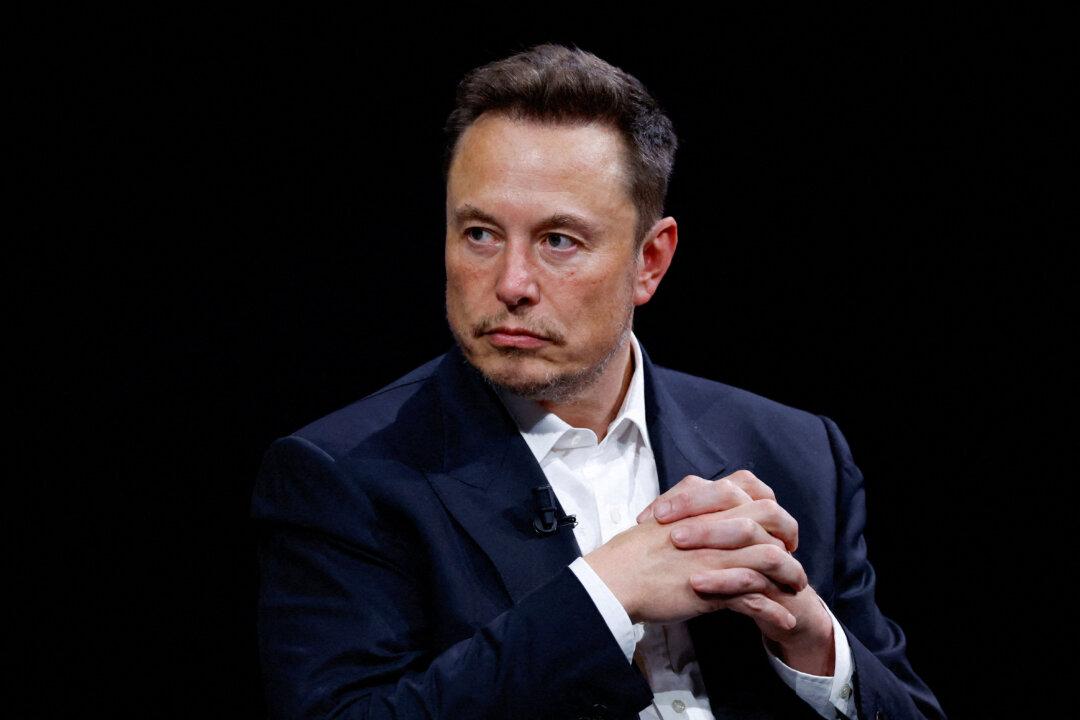Elon Musk’s social media company X (formerly Twitter) has the “legal standing” to challenge Ireland’s hate speech legislation and the company will help finance any legal challenges filed by Irish citizens against the law if it is enacted, the billionaire businessman said.
Mr. Musk made the remarks during a discussion with Ben Scallan, the senior political correspondent at the Irish news publication Gript, on X Spaces on Jan. 23.




